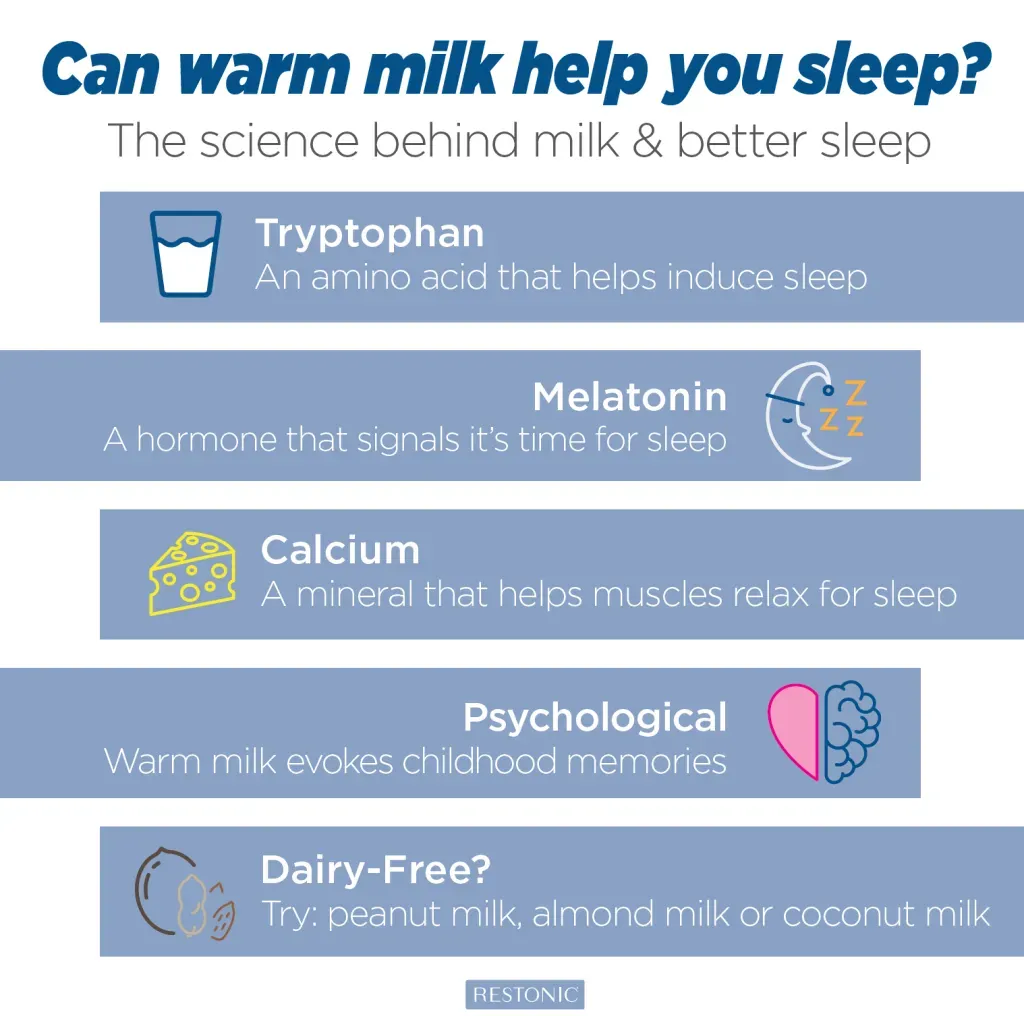Table of Contents
Picture this: the clock ticks past 10 PM, your stomach rumbles just a bit, and sleep feels miles away. Someone, somewhere, probably told you a glass of warm milk does the trick. It’s a bedtime ritual for some, a curious habit for others. But when you hear "low fat milk before bed," are you picturing sweet dreams or wondering what it *really* does to your waistline and your sleep cycle? It’s a simple habit with a surprising number of questions attached.
Why People Consider Low Fat Milk Before Bed for Sleep
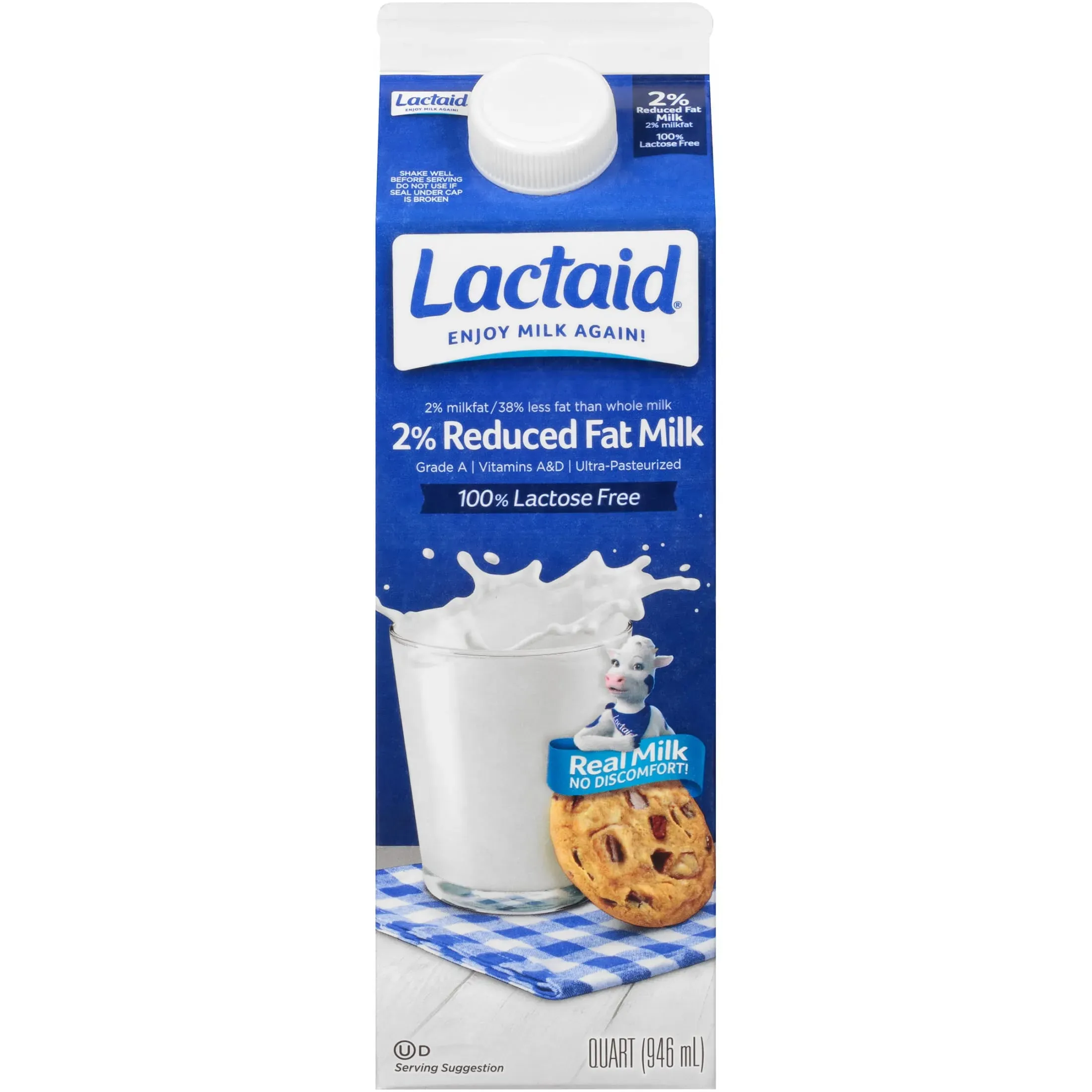
Why People Consider Low Fat Milk Before Bed for Sleep
The Old Wives' Tale and Tryptophan
For generations, a warm glass of milk before hitting the hay has been the go-to advice for sleepless nights. Your grandma probably swore by it. The idea isn't entirely pulled from thin air, though maybe the effects are a bit overstated. Milk contains tryptophan, an amino acid that your body uses to make serotonin, which then converts into melatonin. Melatonin, as you might know, is the hormone that helps regulate your sleep-wake cycle. So, the logic goes: drink milk, get tryptophan, make melatonin, fall asleep. Simple, right? People reach for low fat milk before bed hoping this chain reaction kicks in quickly, ushering them into slumber without the extra calories of whole milk.
It’s a comforting ritual for many, a signal to the brain that it's time to wind down. The warmth itself can be relaxing. Think about it: a quiet moment, a warm drink, a break from the day's noise. This routine alone can lower stress levels, which is a major player in keeping you awake. So, while the tryptophan link is scientifically shaky – you'd need to drink a bathtub's worth to get a significant dose – the psychological effect and the ritual of having low fat milk before bed might be doing some heavy lifting for sleep onset for some folks.
What are people hoping for when they pour that glass?
- Faster sleep onset
- Less tossing and turning
- A sense of calm before bed
- A natural, non-pill sleep aid
- Avoiding late-night hunger pangs that disrupt sleep
Comfort, Routine, and the Placebo Effect
Beyond the biochemical angle, there's the undeniable power of habit and comfort. Sipping low fat milk before bed can become a deeply ingrained part of a wind-down routine. Just like brushing your teeth or reading a chapter of a book, it signals to your body and mind that it's time to transition from active day to restful night. This psychological anchoring can be remarkably effective at preparing you for sleep, regardless of the specific contents of the mug. It’s the ritual itself providing the benefit.
Let's be honest, sometimes you just *believe* something will help, and that belief alone can make a difference. The placebo effect is real, and in the context of sleep, it can be potent. If you associate low fat milk before bed with peaceful slumber from childhood or positive past experiences, your brain might just follow suit. It’s less about the fat content or the specific nutrients and more about the conditioned response. This warm, familiar drink becomes a bedtime cue, a signal that it's safe to relax and let sleep take over.
Low Fat Milk Before Bed: The Real Deal on Weight and Hunger
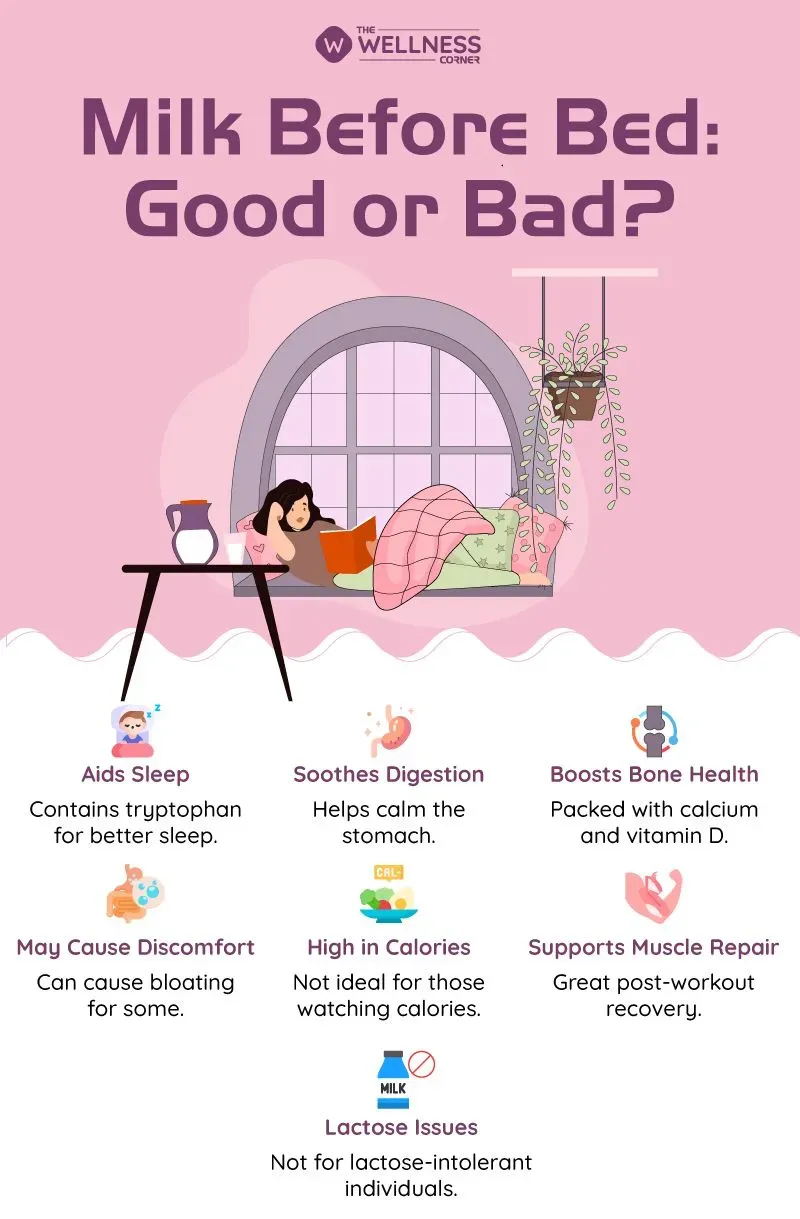
Low Fat Milk Before Bed: The Real Deal on Weight and Hunger
Calories Count, Even from Low Fat Milk Before Bed
Alright, let's talk brass tacks: calories. The "low fat" part sounds promising if you're watching your weight, and it is *lower* than whole milk. A standard cup of 2% milk clocks in around 122 calories, while skim milk is closer to 83. Compare that to whole milk's 149 calories per cup. So, yes, choosing low fat milk before bed saves you a few calories compared to its full-fat cousin. But here's the kicker: calories are calories. Drinking a cup of milk, even low fat, adds to your total daily intake. If that glass pushes you over your maintenance level, you're looking at potential weight gain, regardless of when you drink it. The timing itself isn't magic; the total calorie balance over 24 hours is what matters most for weight.
Thinking that low fat milk before bed is a free pass because it's "low fat" is missing the point. It's a source of calories, and if you're already eating enough throughout the day, adding an extra hundred or so calories right before you become horizontal for eight hours isn't exactly a recipe for shedding pounds. It's not inherently "bad" for weight loss, but it's not a weight loss *tool* either. It's just food, consumed at a specific time. Treat it like any other snack or drink you consider adding to your daily intake.
Protein Power: Taming Late-Night Hunger
Now, milk does have something going for it in the hunger department: protein. Both casein and whey proteins are present. Whey is absorbed quickly, while casein digests slowly, releasing amino acids over several hours. This slow release from casein can be helpful in keeping you feeling full longer. If your primary reason for reaching for low fat milk before bed is to stave off those nagging late-night hunger pangs that might otherwise lead you to raid the pantry for cookies, then the protein content could be beneficial.
Avoiding a midnight snack binge because a glass of low fat milk kept you satisfied *could* indirectly help with weight management by preventing you from consuming far more calories later. It's a defensive play against hunger-driven overeating. However, it’s not a guarantee. Some people find that drinking liquids close to bedtime disrupts their sleep due to needing the bathroom. And if you weren't truly hungry, you've just added calories without preventing anything. So, while the protein in low fat milk before bed *can* help curb hunger for some, it’s not a universal solution.
So, regarding low fat milk before bed and its impact on weight and hunger, consider these points:
- Calories still count, even if they are from a low-fat source.
- Total daily calorie intake is the main driver of weight change.
- Milk's protein, especially casein, can help with satiety.
- Drinking milk might prevent worse snack choices for some people.
- It's not a weight loss miracle drink; it's a calorie source.
More Than Just Sleep: Nutrients in Low Fat Milk Before Bed
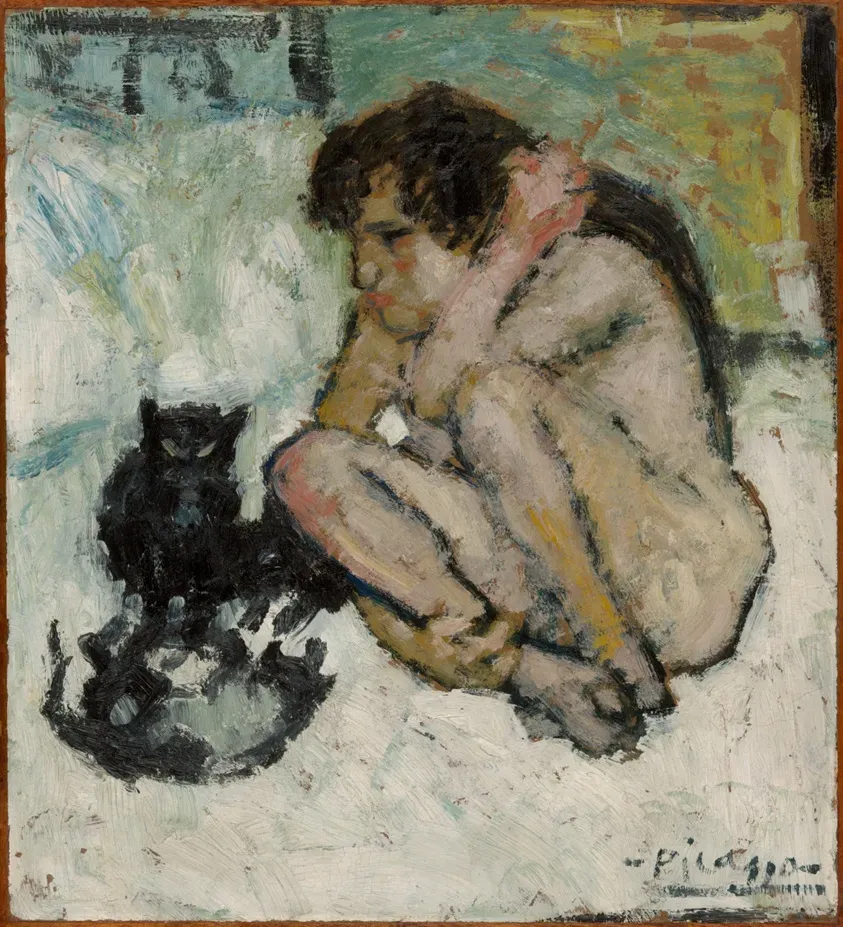
More Than Just Sleep: Nutrients in Low Fat Milk Before Bed
Bone Builders: Calcium and Vitamin D
so we've talked sleep and we've touched on calories. But what else are you getting when you pour that glass of low fat milk before bed? Turns out, it's more than just liquid and a few macros. Milk is a major player for bone health, primarily thanks to calcium and Vitamin D. You know calcium is crucial for strong bones and teeth, right? It’s the foundation. And Vitamin D is like the construction manager, helping your body actually absorb that calcium. Most milk in the US is fortified with Vitamin D specifically for this reason.
Getting enough of these nutrients is important throughout your life, not just when you're a kid. Drinking low fat milk before bed provides a handy source of both, contributing to your daily needs. It's a simple way to tick off a couple of essential boxes for long-term health, adding a layer of benefit beyond just hoping it helps you snooze or manage hunger. It’s a nutritional win, even if it doesn't magically whisk you off to dreamland.
Beyond Bones: Other Vitamins and Minerals
But the nutritional story doesn't end with calcium and D. Low fat milk before bed also brings other vitamins and minerals to the table. Think Vitamin B12, which is vital for nerve function and metabolism. You also get potassium, an electrolyte that plays a role in blood pressure regulation and muscle function. Magnesium is in there too, involved in hundreds of bodily processes, including muscle and nerve function, blood sugar control, and yes, even sleep regulation indirectly by helping your body produce melatonin.
While you're not likely drinking milk *just* for these things, it's good to know they're part of the package. It makes that glass of low fat milk before bed a bit more valuable from a purely nutritional standpoint. It’s contributing to your overall nutrient intake for the day, supporting various bodily functions beyond the immediate goal of falling asleep or avoiding a snack attack. Consider it a small, easy way to boost your intake of several important micronutrients.
Key Nutrients in Low Fat Milk:
- Calcium: Essential for bone health.
- Vitamin D: Aids calcium absorption.
- Vitamin B12: Supports nerve function and metabolism.
- Potassium: Important for blood pressure and muscle function.
- Magnesium: Involved in numerous processes, including potential sleep support.
Should You Drink Low Fat Milk Before Bed? Weighing the Downsides
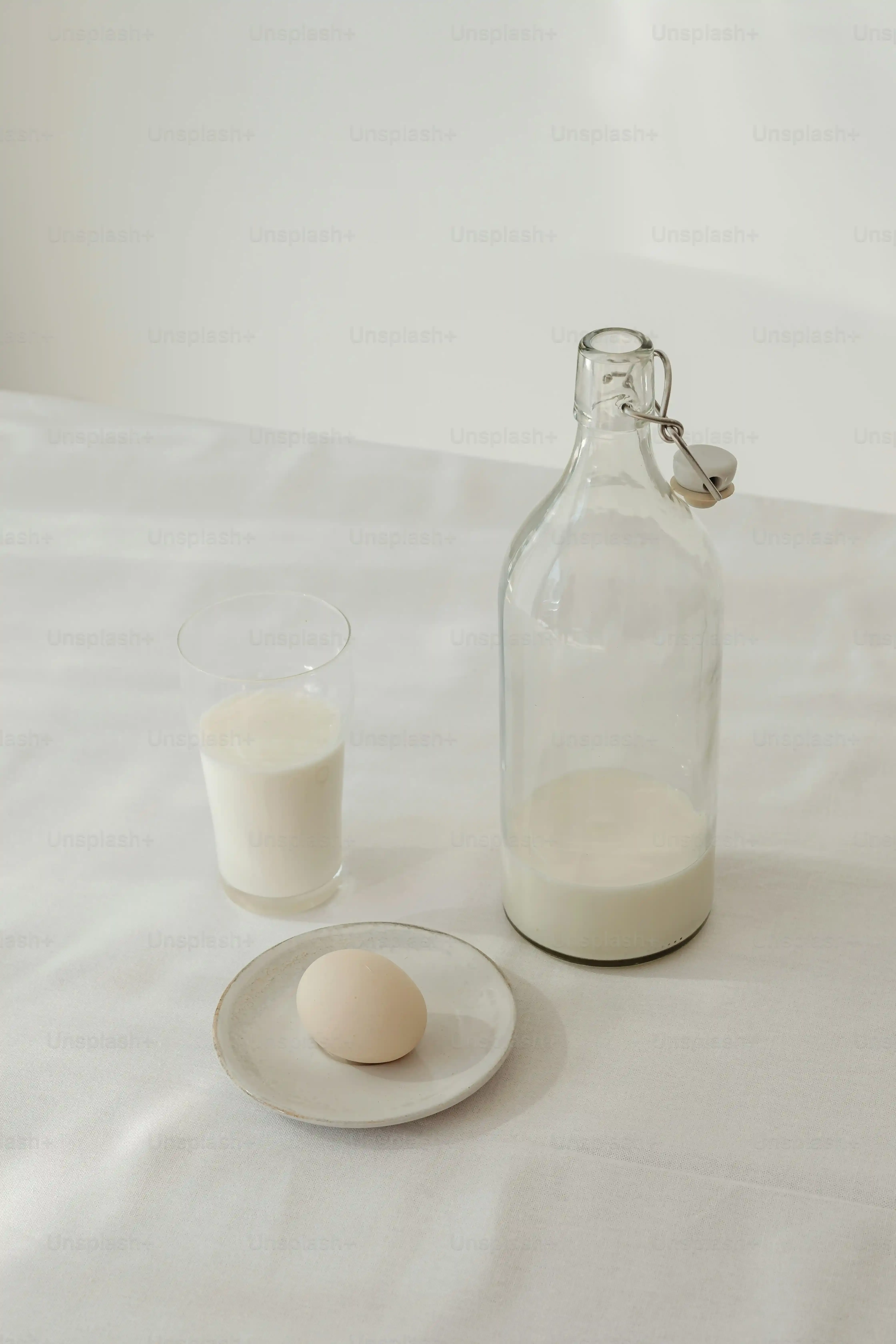
Should You Drink Low Fat Milk Before Bed? Weighing the Downsides
Lactose Intolerance and Digestive Troubles
Look, milk isn't a magic potion for everyone. For a significant chunk of the population, dairy and digestion don't play well together, especially right before trying to sleep. We're talking lactose intolerance, which means your body struggles to break down the sugar in milk. The result? Bloating, gas, stomach cramps, maybe even a dash to the bathroom. None of that sounds conducive to a peaceful night's rest, does it? Drinking low fat milk before bed when you're lactose intolerant is basically inviting discomfort into your sleep space.
Even if you're not fully intolerant, some people just find that drinking a liquid, particularly dairy, close to bedtime feels heavy or causes reflux. Lying down soon after consuming something can sometimes lead to stomach acid creeping back up, creating that burning sensation that definitely keeps you awake. So, while it might work for some, if your gut gives you grief after dairy, low fat milk before bed is probably not your sleep savior.
Calorie Timing and Bathroom Breaks
We touched on calories earlier, but it's worth reiterating that adding any calories right before your least active period of the day is a consideration. While the "timing doesn't matter" camp has strong arguments based on total daily intake, some anecdotal evidence and traditional nutritional advice suggest consuming significant calories or liquids right before sleep isn't ideal for everyone, particularly those sensitive to blood sugar fluctuations or trying to be meticulous about calorie allocation. Drinking low fat milk before bed adds calories that won't be immediately burned off. It's a small point, but one worth filing away.
Beyond calories, there's the simple plumbing issue. Putting liquid into your body means it eventually needs to come out. A glass of low fat milk before bed could mean a middle-of-the-night trip to the bathroom, interrupting precious sleep cycles. If you're someone who wakes easily or finds it hard to fall back asleep after being disrupted, this potential side effect might outweigh any perceived sleep benefits from the milk itself. It's a practical, if slightly unglamorous, downside.
Potential Downsides of Low Fat Milk Before Bed:
- Digestive upset (bloating, gas, cramps) for lactose intolerant individuals.
- Potential for acid reflux or heartburn.
- Adding calories right before a sedentary period.
- Increased likelihood of needing to urinate during the night.
- Doesn't guarantee sleep improvement for everyone.
Making the Call: Is it Right for You?
So, should you drink low fat milk before bed? The unsatisfying but honest answer is: it depends. It's not a universal sleep cure, and it's not a weight loss secret weapon. For some, it's a comforting ritual that signals bedtime and might slightly help with satiety due to protein. For others, it's a recipe for a gassy, interrupted night. If you find it helps you relax and doesn't cause digestive issues or bathroom trips, and you've accounted for the calories in your daily intake, then go for it. The nutritional boost from calcium, Vitamin D, and other vitamins is a bonus.
However, if you're lactose intolerant, prone to reflux, or find yourself waking up to use the restroom after drinking it, it's likely doing more harm than good for your sleep. There are plenty of other ways to create a relaxing bedtime routine or manage late-night hunger that don't involve dairy. Ultimately, the decision to include low fat milk before bed in your routine should be based on your personal experience and how your body reacts, not on outdated advice or exaggerated claims.
Final Sip: Deciding on Low Fat Milk Before Bed
So, what's the final word on low fat milk before bed? It's not a magic bullet for instant sleep, though the tryptophan and the warm routine might offer some folks a nudge towards slumber. On the weight front, it’s a calorie source, albeit a lower one than whole milk, and fitting it into your daily intake is key – it won't magically make you gain or lose weight in isolation. You do get some decent nutrients for those calories. But remember the potential digestive issues and the simple fact that adding calories right before hitting the pillow might not be the best strategy for everyone, especially if you're already pushing your calorie limit. Ultimately, whether low fat milk before bed is a good fit for you comes down to your personal goals, your digestive system's opinion, and how it impacts your overall diet and sleep patterns. There’s no universal answer, just factors to weigh.
